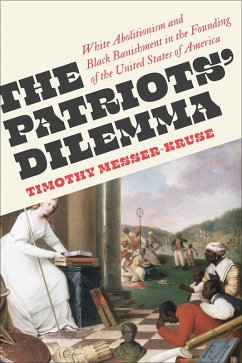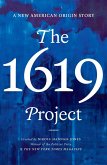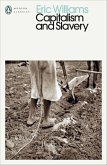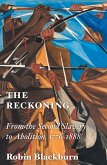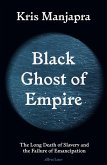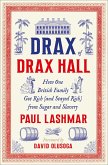'A masterly analysis of slavery and republicanism from the left. A stunning achievement' Gerald Horne, author of The Counter-Revolution of 1776
'In explaining the role of self-interest in the abolition work of the founding generation, Timothy Messer-Kruse broadens debates' Beverly Tomek, author of Colonization and Its Discontents
Timely and controversial, The Patriots' Dilemma confronts longstanding interpretations of U.S. history that emphasize a fundamental conflict between pro-slavery and anti-slavery interests. By 1776, influential American patriots acknowledged that slavery was incompatible with the ideals of the republic. But a republic for whom?
As Timothy Messer-Kruse argues, their real motivations have been misinterpreted for more than 200 years. The Framers were primarily concerned with the protection and betterment of the white community, not the liberation of enslaved black people. The conundrum was that slavery had to end because it created what they saw as a dangerous population, but it could not be abolished without endangering their (white) republic.
Their solutions included schemes to banish former slaves to the western frontier or overseas, to exclude them from the category of 'citizen', to make their emancipation gradual, and to tightly police African American communities.
Timothy Messer-Kruse is Professor of Ethnic Studies at Bowling Green State University in Ohio. He is the author of The Haymarket Conspiracy and The Trial of the Haymarket Anarchists, which was named 'Best Labor History Book' by the journal Labor History.
'In explaining the role of self-interest in the abolition work of the founding generation, Timothy Messer-Kruse broadens debates' Beverly Tomek, author of Colonization and Its Discontents
Timely and controversial, The Patriots' Dilemma confronts longstanding interpretations of U.S. history that emphasize a fundamental conflict between pro-slavery and anti-slavery interests. By 1776, influential American patriots acknowledged that slavery was incompatible with the ideals of the republic. But a republic for whom?
As Timothy Messer-Kruse argues, their real motivations have been misinterpreted for more than 200 years. The Framers were primarily concerned with the protection and betterment of the white community, not the liberation of enslaved black people. The conundrum was that slavery had to end because it created what they saw as a dangerous population, but it could not be abolished without endangering their (white) republic.
Their solutions included schemes to banish former slaves to the western frontier or overseas, to exclude them from the category of 'citizen', to make their emancipation gradual, and to tightly police African American communities.
Timothy Messer-Kruse is Professor of Ethnic Studies at Bowling Green State University in Ohio. He is the author of The Haymarket Conspiracy and The Trial of the Haymarket Anarchists, which was named 'Best Labor History Book' by the journal Labor History.
Dieser Download kann aus rechtlichen Gründen nur mit Rechnungsadresse in A, D ausgeliefert werden.

